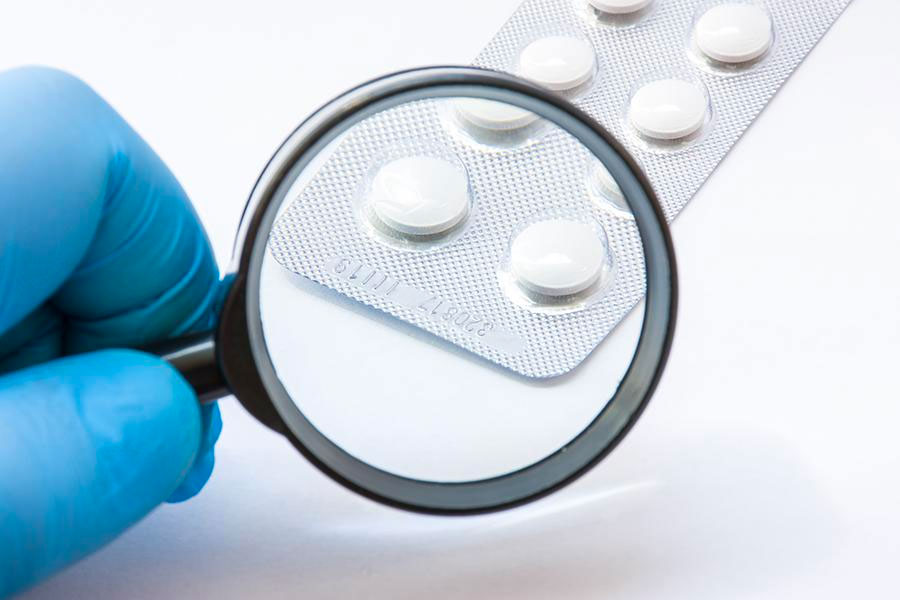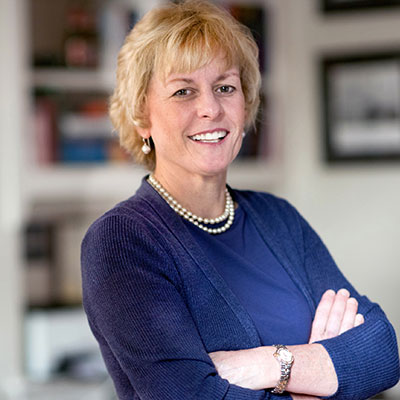
The COVID-19 pandemic poses a global threat to the health and safety of individuals everywhere, but not everyone is righteously focused on ways to combat the virus and protect the public from as much harm as possible. Namely, counterfeiters looking to exploit consumers are taking advantage of the pandemic to earn money from the sale of fake medicine. Lawmakers, border protection agents, and trademark owners directly affected by counterfeits all play an important role in the battle against the spread of counterfeit medication.
Counterfeits are fake goods specifically designed to deceive consumers who purchase items with reliance on brand reputation, name, or logo. They are so dangerous because counterfeiters profit from the reputation of authentic, quality products they impersonate without the permission of the lawful trademark owner. Counterfeits not only pose a threat to the health of consumers, especially in instances involving counterfeit medicine, but they harm the reputation, sales and trademark strength of the legitimate trademark and product owner. Though counterfeiting is not a new issue, it is more relevant now due to the COVID-19 demand for masks, cleaning supplies, and medicine. Counterfeit versions of these goods are a direct threat to the safety of individuals, as well as the companies who are working to produce real and reliable products.
Counterfeiting was a growing concern to the U.S. government even before the COVID-19 outbreak. In fact, just prior to the nationwide lockdowns, Congress introduced the SHOP SAFE Act of 2020. If passed, this bill will amend the Trademark Act of 1946 and impose liability on e-commerce sites that do not exercise necessary practices to screen sellers to ensure that counterfeits are not further infiltrating the marketplace. Though the government is working to introduce better methods to reduce counterfeiting within the country, international counterfeiters selling fake products online that are shipped to the U.S. raise additional concerns.
U.S. Customs and Border Protection (CBP) is essential to preventing international counterfeit goods from entering the country. In recent years CBP has warned the public of the rise of counterfeiting in e-commerce, especially because fake goods bought online are often shipped in small, unassuming packaging that make it challenging for CBP to identify counterfeits during inspection. During the COVID-19 pandemic, CBP has been especially focused on seizing counterfeit medication and test kits before they enter the United States. Just this past May, The Baltimore Sun reported that CBP stationed in the mid-Atlantic had seized over 1,350 counterfeit or unapproved COVID-19 test kits and almost 2,500 unapproved and potentially counterfeit COVID-19 medication. The acting commissioner of CBP has asserted that it remains the Agency’s goal to balance targeting and confiscating dangerous shipments of counterfeit COVID-19 medicine and supplies while still allowing legitimate pharmaceutical shipments to enter the country.
Trademark owners can also be active in restraining opportunistic counterfeiters from profiting from fake goods. Warning customers by publishing lists of authorized sellers and legitimate pricing for their online goods is one effective way to do this. Pfizer, one of the world’s largest pharmaceutical companies, has been active in anti-counterfeiting measures even before the COVID-19 pandemic began. On its website, Pfizer urges its customers to be wary of where they purchase their medicine and specifically warns of ordering medicine online because of the uncertainty regarding the origin and genuineness of the medicine. Additionally, 3M–makers of the N-95 respirator masks which are popular among frontline workers–has been directly affected by counterfeit masks and PPE products flooding the marketplace. In response, 3M created a national hotline where consumers may call to report fraud, and also, it published a list of its prices so consumers can avoid scams by counterfeiters or third parties seeking to upcharge 3M goods. Warning customers of the dangers of counterfeits through the same internet platform where they often fall victim to purchasing fake goods can help decrease the sale of counterfeits tremendously.
Though counterfeiting seems like a growing plague of its own, it is essential that lawmakers, border protection agents, and trademark owners continue to do their part to combat counterfeit medicine and other COVID-19 related products from further entering the marketplace. Counterfeiters will continue efforts to tap into the pockets of vulnerable Americans as the fight against COVID-19 endures, but our hope is that efforts by trademark owners and the government will prevail.




